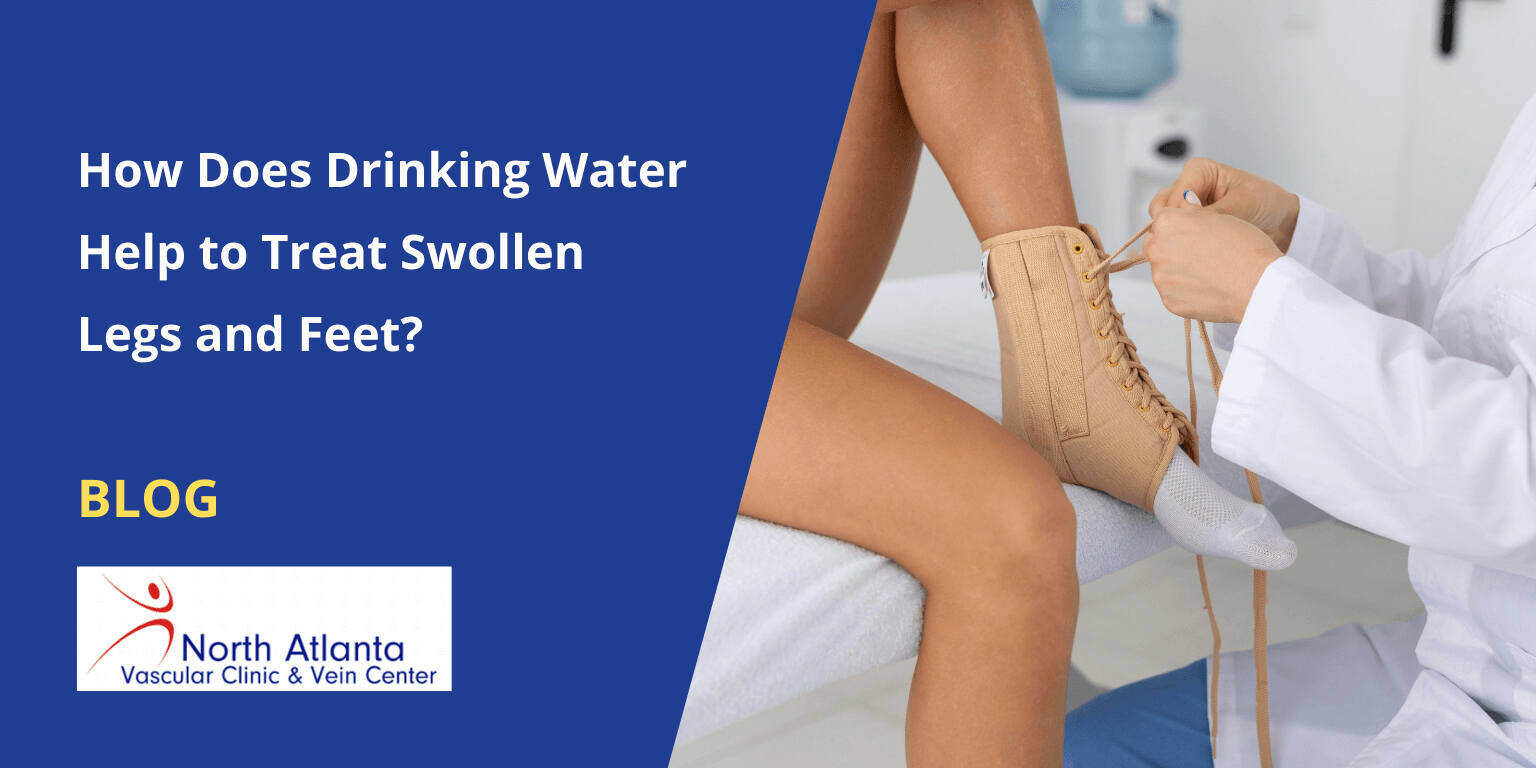Leg swelling, medically known as edema, is a condition that affects millions of people worldwide, causing discomfort and, in some cases, mobility issues. One of the leading causes of swollen ankles and feet is water retention, a problem often worsened by dehydration. When the body doesn't get enough water, it may start "retaining water in the legs" as a survival mechanism, leading to fluid buildup. In fact, studies have shown that dehydration can significantly contribute to water retention and exacerbate swelling, especially in the lower limbs. In this blog we will discuss the relationship between water retention and dehydration, exploring how staying hydrated can be a simple yet effective solution to reducing leg swelling and improving vascular health.
What Causes Swollen Legs and Feet?
Swelling occurs when fluid builds up in the tissues, causing puffiness, particularly in the lower legs and feet. Here are some common leg swelling causes:
- Water Retention: The body holds on to excess fluid, often due to hormonal changes, diet, or medication.
- Poor Circulation: When blood flow to the legs is impaired, fluid accumulates.
- Inactivity: Sitting or standing for long periods can lead to swelling in the lower limbs.
- Health Conditions: Issues like kidney disease, heart failure, or liver problems can lead to edema in the legs.
The Role of Dehydration in Leg Swelling
One of the most surprising links in understanding water retention and dehydration is how dehydration can actually cause your body to retain more fluid. Here’s how dehydration impacts leg swelling:
- Water Retention: When the body doesn’t get enough water, it goes into survival mode, holding onto the fluid it has. This can result in swollen feet and ankles.
- Compromised Circulation: Dehydration affects blood volume and circulation, making it harder for your body to properly flush out excess fluids, leading to swelling.
- Increased Sodium: Lack of hydration can concentrate sodium in the body, causing the body to retain even more water. This exacerbates water retention in the legs and feet.
How Does Hydration Help in Reducing Swollen Legs?
Drinking water plays a vital role in reducing swelling by:
- Flushing Out Toxins: Proper hydration helps the kidneys eliminate excess sodium and waste, preventing fluid retention in the legs.
- Improving Circulation: Staying hydrated ensures blood flows properly throughout the body, reducing the chances of fluid building up in the legs and feet.
- Regulating Fluid Balance: Hydration helps balance fluid levels in the body, so water is properly distributed and does not accumulate in the lower limbs.
How Much Water Should You Drink to Reduce Leg Swelling?
While there’s no one-size-fits-all answer, a general recommendation is to drink around 8-10 cups of water a day. However, individual needs vary based on activity level, climate, and health status. Listen to your body, and aim to drink small amounts of water regularly throughout the day.
Additional Tips to Reduce Leg Swelling
While staying hydrated is crucial, combining it with other lifestyle changes can further help manage swelling:
- Elevate Your Legs: Elevate your legs above heart level to help fluid drain and reduce swelling.
- Limit Salt Intake: Excess sodium can cause the body to retain more water, worsening leg swelling.
- Stay Active: Light physical activity, such as walking or cycling, can stimulate circulation and reduce swelling in the legs.
- Compression Garments: Wearing compression socks or stockings can help reduce edema in the legs by improving circulation.
When to Seek Medical Help
If you experience persistent or severe swelling, it may be a sign of a more serious condition. Consult a healthcare professional if:
- The swelling doesn’t improve despite hydration and lifestyle changes.
- You experience pain, redness, or warmth in the swollen area.
- You notice other symptoms like shortness of breath or chest pain.
Conclusion
Stay proactive about your health by prioritizing hydration, adopting a balanced diet, and staying active. Dehydration and leg swelling often go hand-in-hand, making daily water intake essential for maintaining proper circulation and preventing fluid buildup. If swelling persists, let our expert care at North Atlanta Vascular Clinic guide you to lasting relief. Schedule a consultation today and take the first step toward healthier legs and feet!



